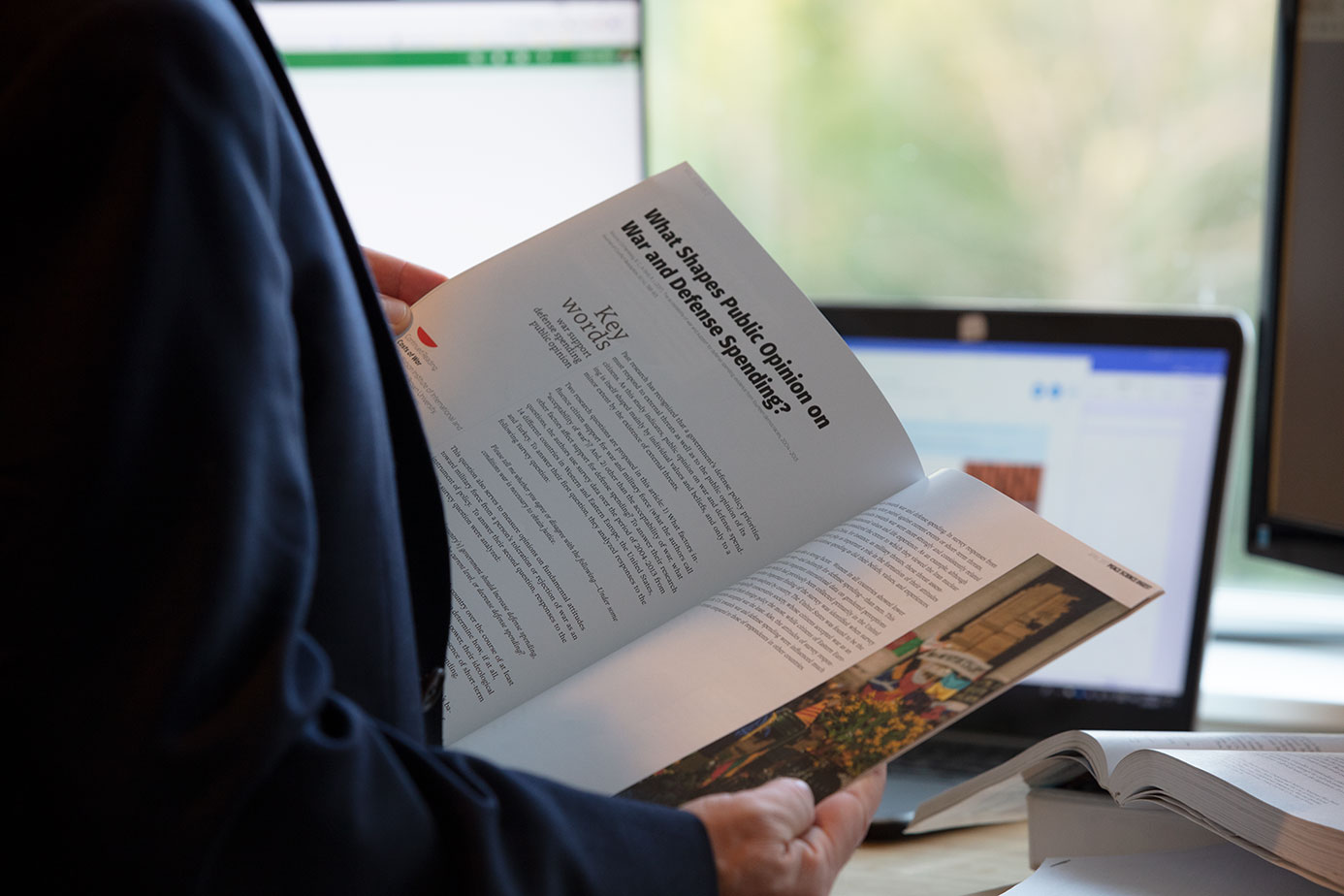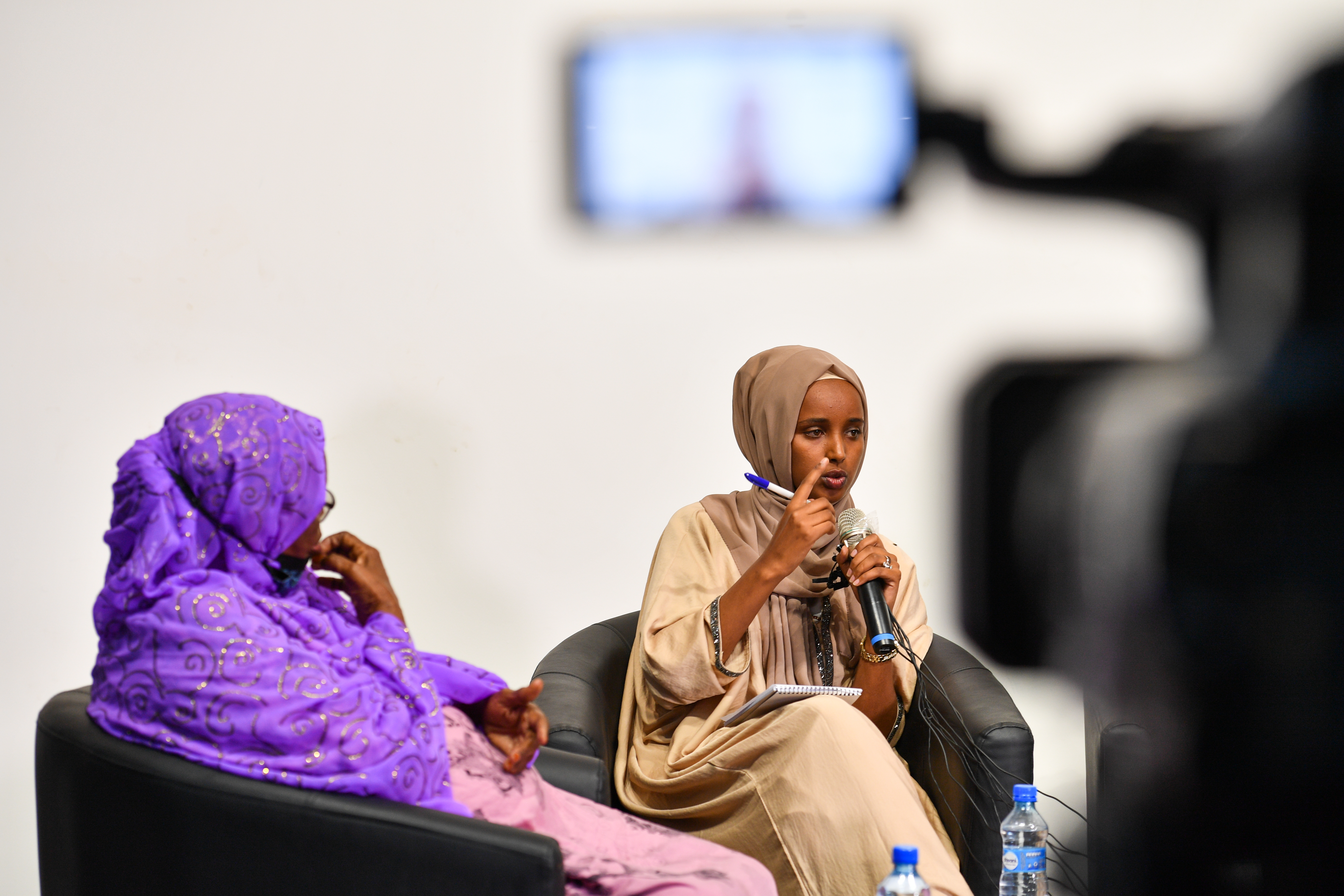
How Military Rivalries Impact Female Political Representation
When democratic countries are involved in an international rivalry, average female political representation is cut in half, from nearly 20% to 10%; when they are involved in two rivalries, female representation falls to 4%.
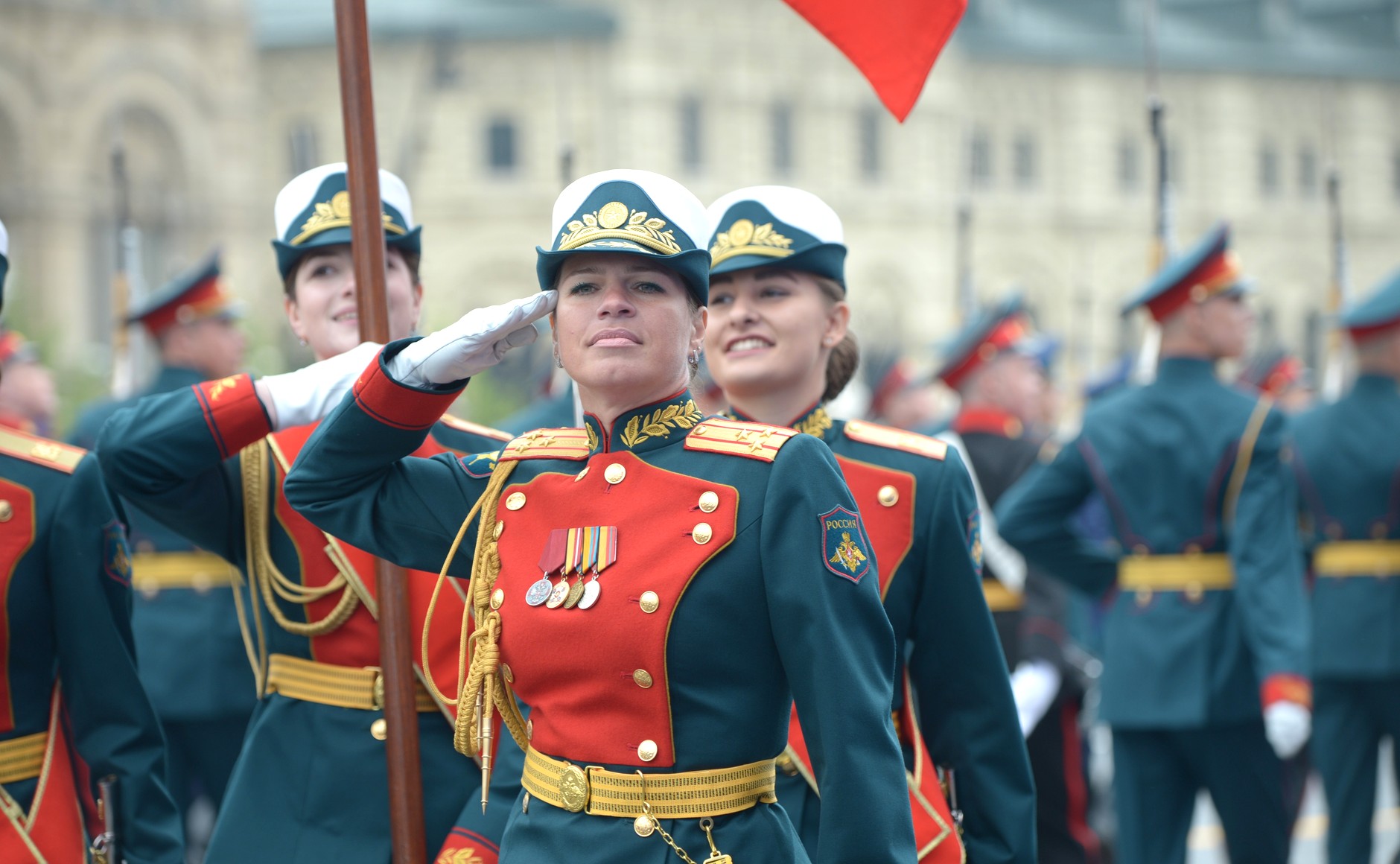
Critical Feminist Insights on Security, Militarism, and the Inclusion of Women in the Military
Militarism, militarized security, warfare, and the military itself all depend on gender hierarchies—the privileging of masculinity and its associated traits over femininity and its associated traits—and “gendered myths and images” to function.
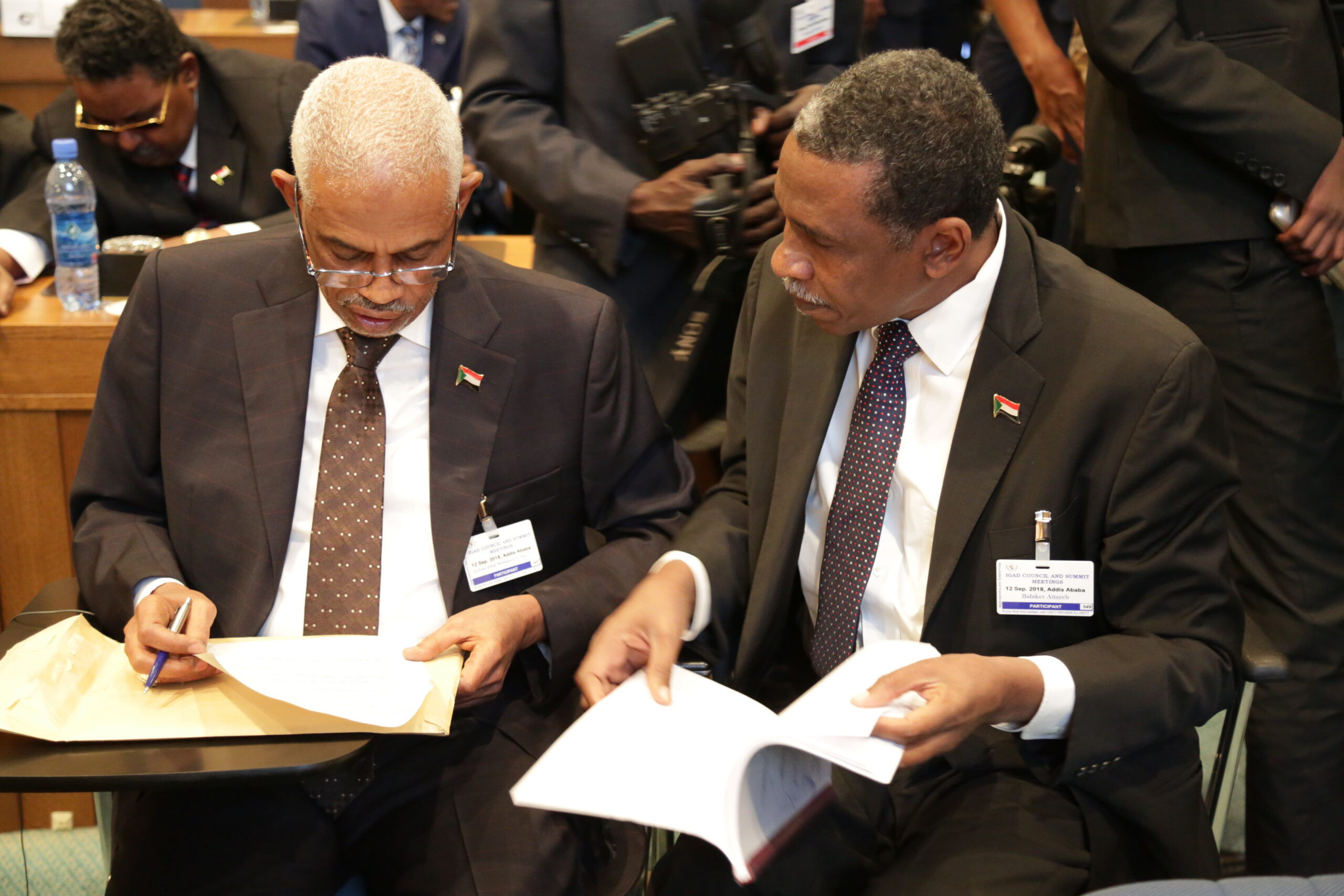
Successful Peace Agreements Are Built On Trust And Clarity
Recent studies have shown that “complex” peace agreements with long lists of provisions are more likely to lead to a return of violence within five years. This research is important to the ongoing Korean peace process: focus should be placed on peace agreements built on trust with clear, actionable provisions.
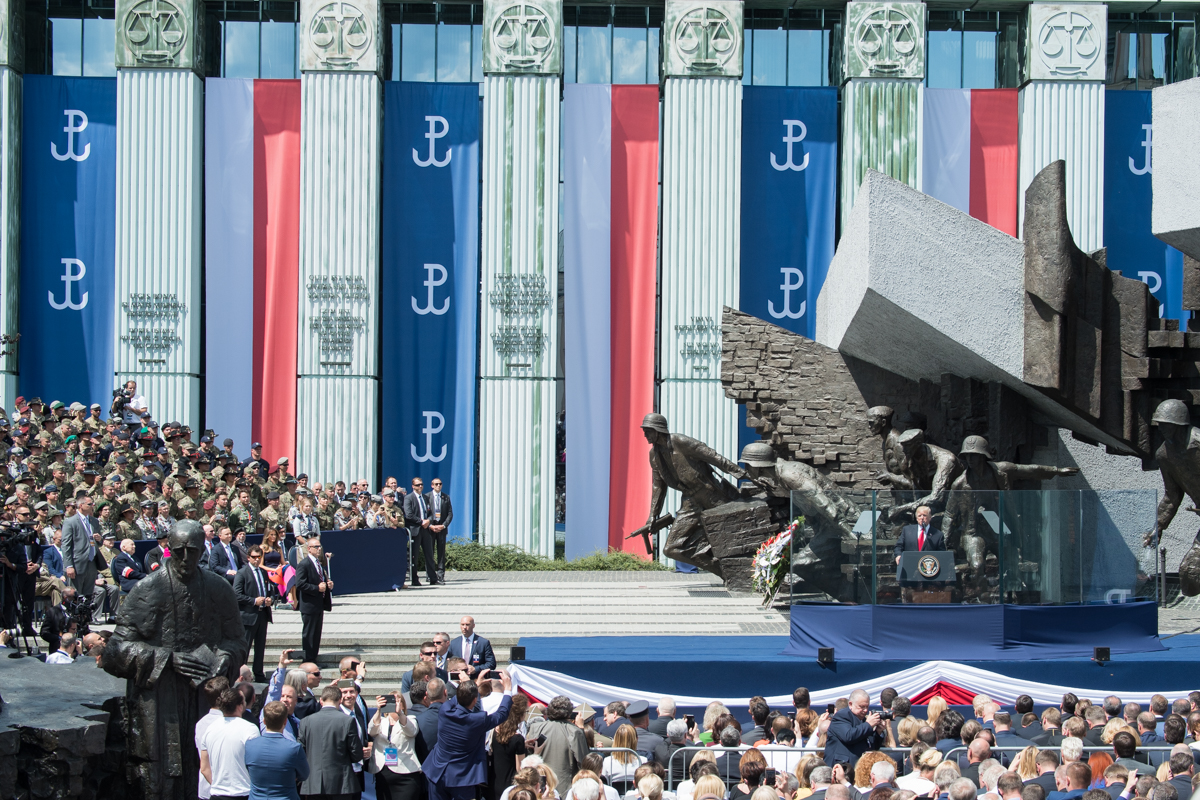
“Fort Trump” Military Base Proposed in Poland
Poland has been pushing to host a permanent U.S. military base for years- proposing it be named “Fort Trump” may have sealed the deal. Poland is looking to shore up relations with the U.S. and defend against an increasingly aggressive Russia, but increased defense spending and the presence of foreign troops has a measured effect on human rights practices and the economy.
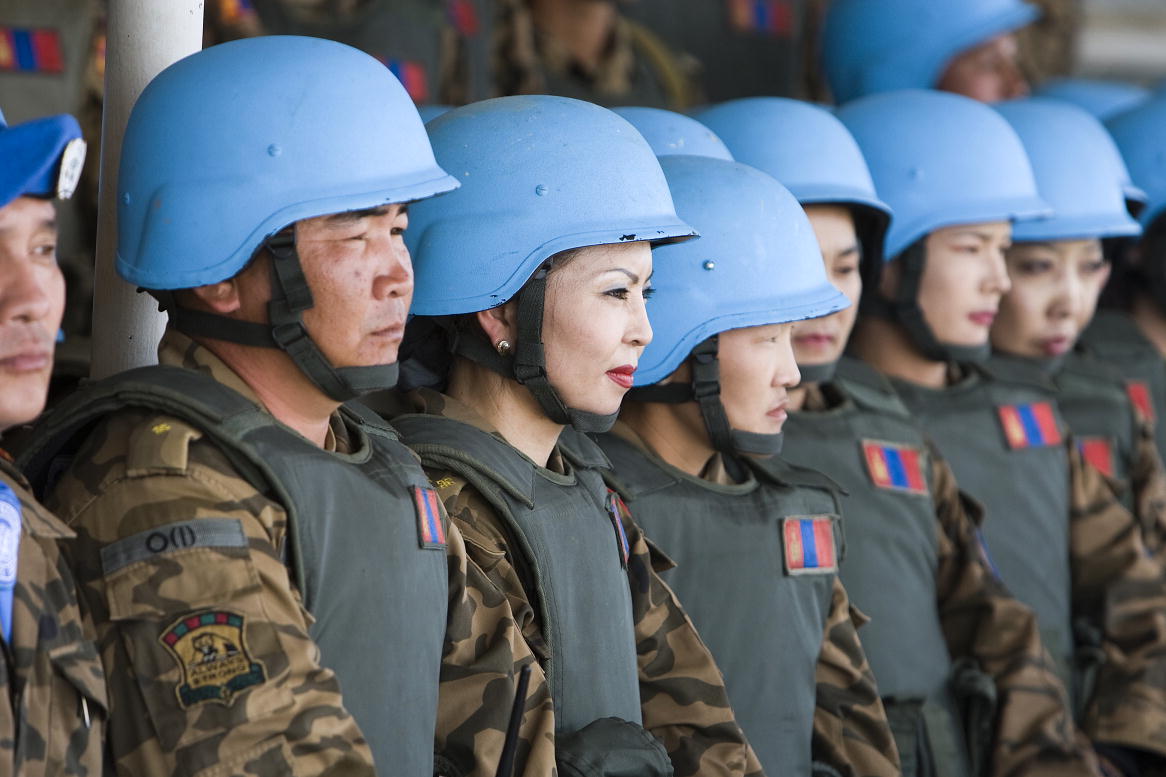
UN Peacekeepers Play A Key Role In Peacebuilding, But There Are Risks
The Secretary-General of the United Nations, António Guterres, calls for members to support UN Peacekeeping operations with greater monetary, equipment, and personnel commitments. Peace Science shows that the militarization of peacekeeping forces may protect civilians in the short-term but also carry unintended consequences.

Civil Society & Grassroots Coalitions Are Leading Korean Peace Initiatives
Peace talks between North and South Korea have continued partially due to the massive support from civil society and grassroots activists. Peace research has shown the influence civil society has on both social and political issues-the more people come together in support of peace on the Korean Peninsula, the harder it becomes for world leaders to disagree.
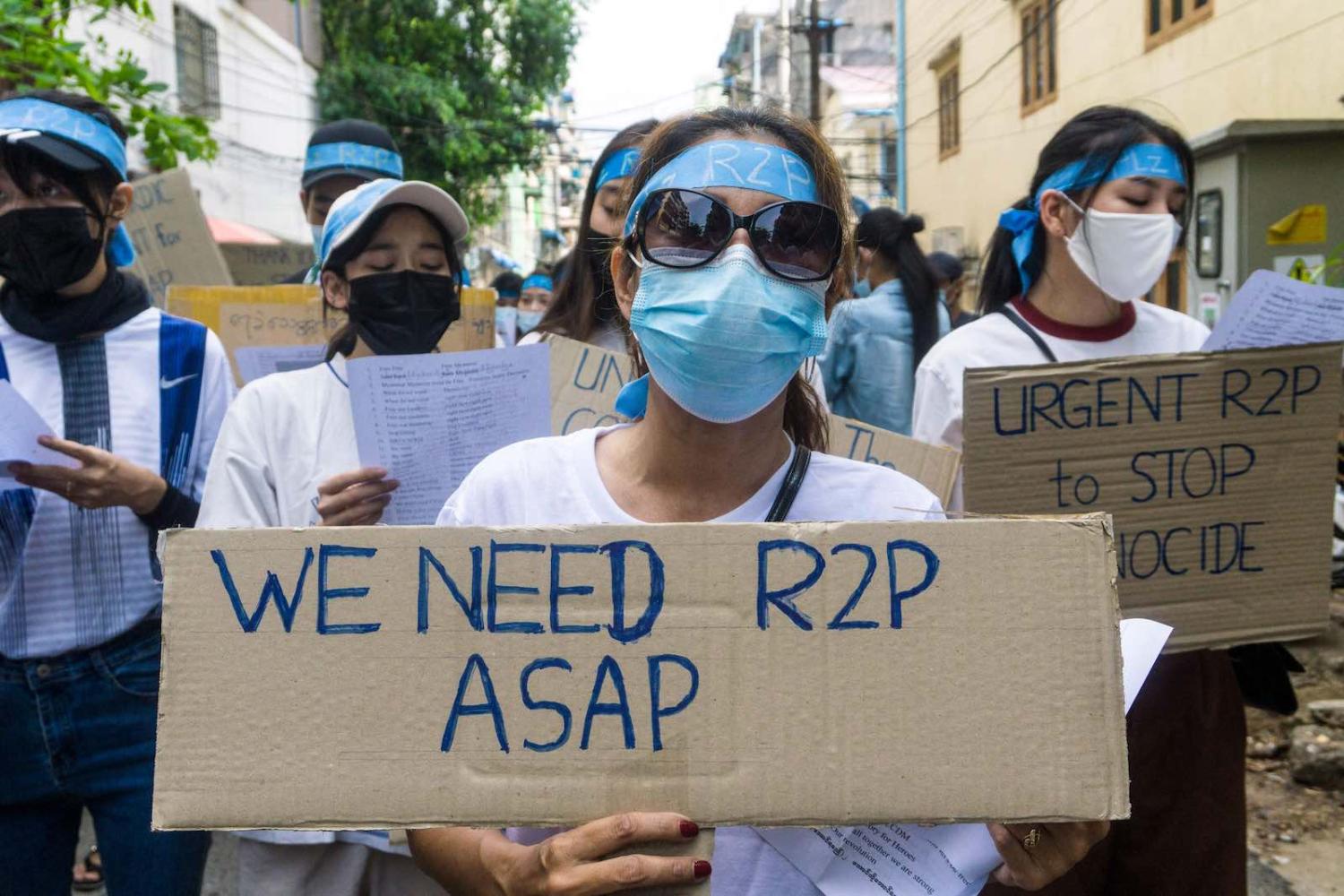
Reevaluating R2P: The Responsibility to Prevent
The Responsibility to Protect (R2P) is a global political commitment designed to prevent crimes against humanity. However, by labeling protection as a responsibility, powerful states are given the opportunity to frame their military intervention as the responsible, humanitarian thing to do. Peace Science has shown that conflict prevention is still the most effective approach to avoid violence.
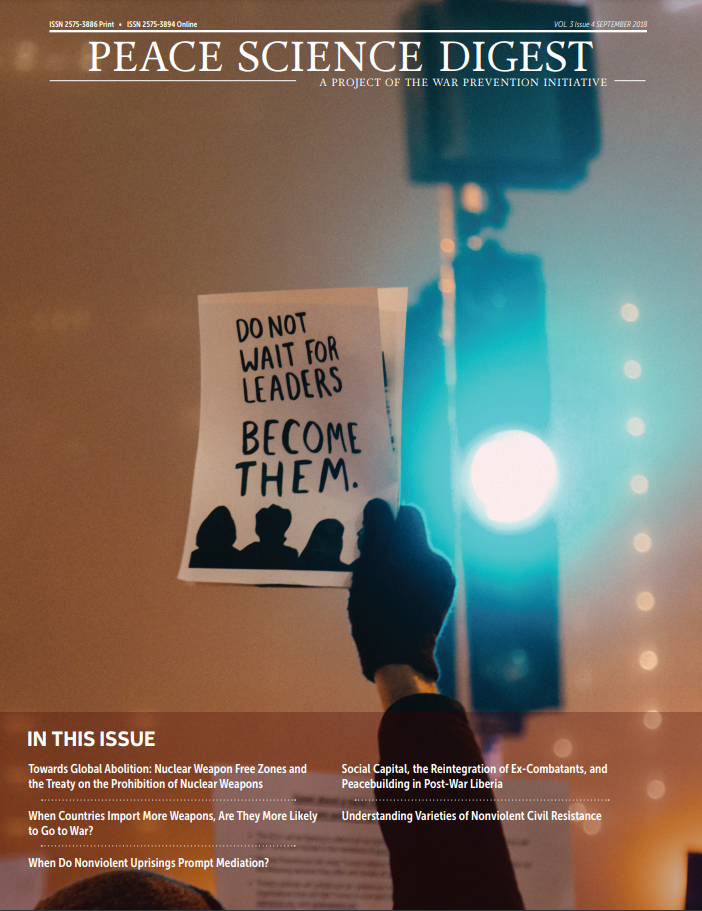
Volume 3, Issue 4
In this issue, we examine research on the successful nuclear weapon free zone treaties that helped pave the way to the 2017 Treaty on the Prohibition of Nuclear Weapons, and how approaching nuclear weapons prohibition through regional stepping stones may be the key to global abolition. Next, by looking at a study on levels of weapons imports, we see a direct relationship between the influx of weapons and the likelihood of a specific classification of countries engaging in civil war. In the third analysis, we learn that less than one in five nonviolent uprisings in the past 45 years has attempted mediation to resolve the conflicts they seek to address. It turns out that higher risks and costs associated with a nonviolent uprising—either the presence of radical flanks or high levels of state repression—are closely related to mediation attempts. Next, we are taken to post-war Liberia where we explore the role of trust, norms, and social networks play in the ability of former combatants to reintegrate into society. The research highlights additional perspectives on the devastating toll war plays on individuals and societies, even after the fighting ends. Our last analysis focuses on why different organizations in the same movement choose the specific nonviolent tactics they do, resulting in a consideration of resource availability, interdependence, and strategic decision-making.
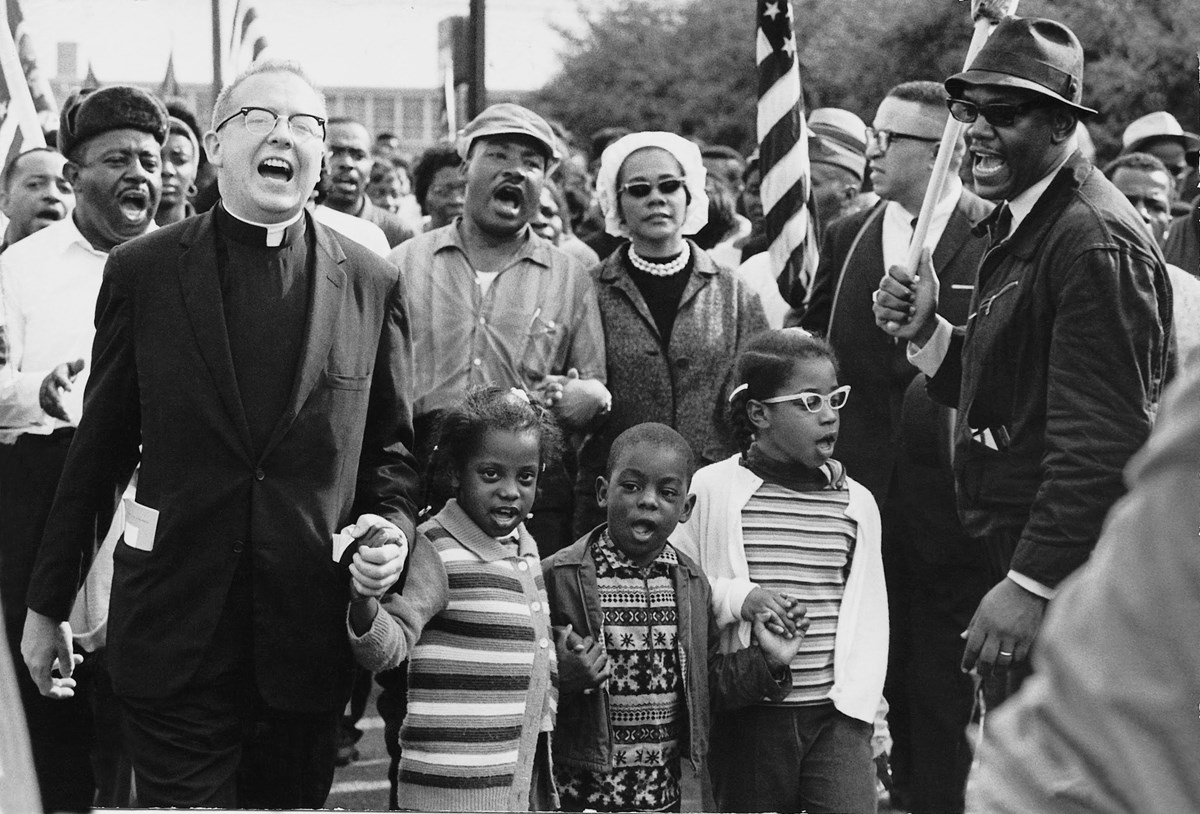
Understanding Varieties of Nonviolent Civil Resistance
Nonviolent tactics have varying resource needs, and organizations have varying capabilities and resources. Organizations are incentivized to diversify their nonviolent tactics when other organizations are active in the same movement.
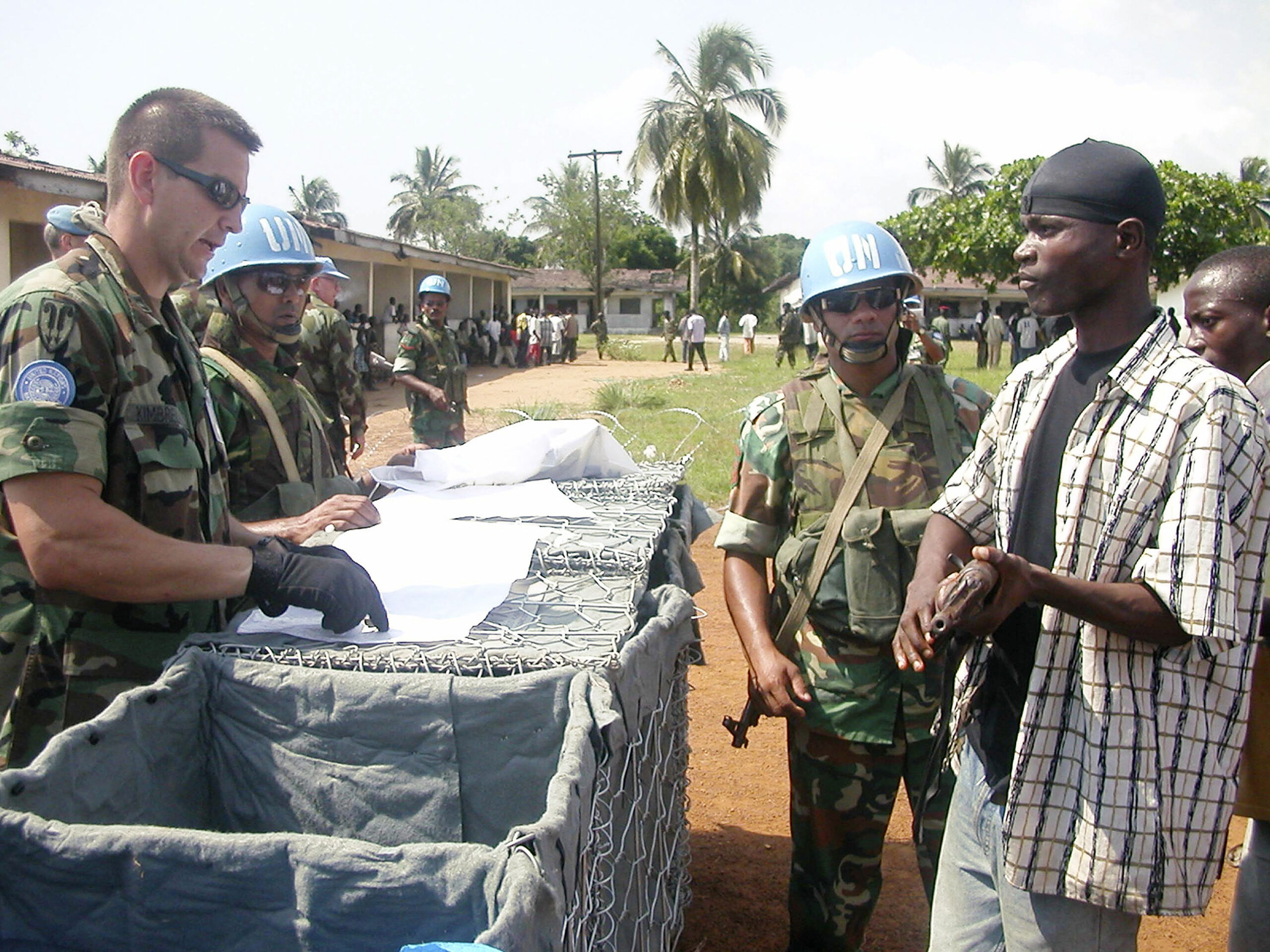
Social Capital, the Reintegration of Ex-Combatants, and Peacebuilding in Post-War Liberia
Social capital—in the form of trust, norms, and networks—is central to how the reintegration of ex-combatants has played out in post-war Liberia but also is itself a key product of these reintegration processes.
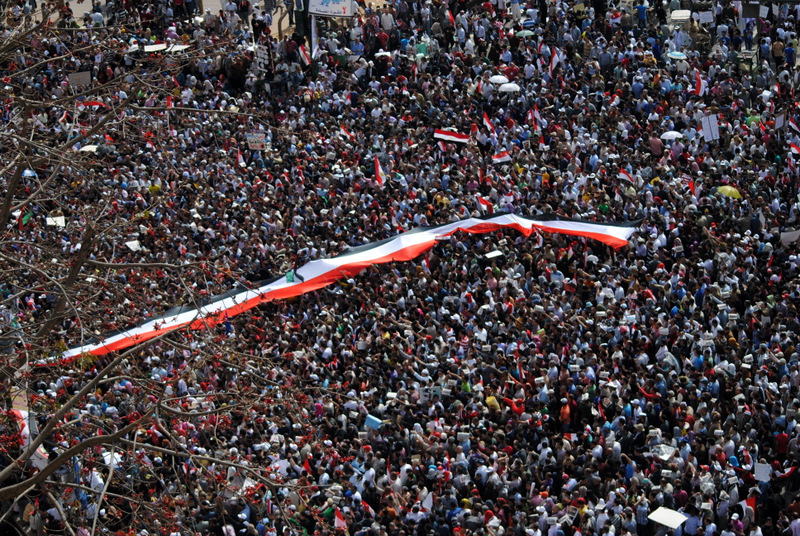
When Do Nonviolent Uprisings Prompt Mediation?
Nonviolent uprisings with radical flanks have a higher mediation rate—35%, as opposed to 14% for those uprisings without radical flanks—suggesting that movements with radical flanks may create greater incentives for mediation due to the “greater risks of negative externalities.”
